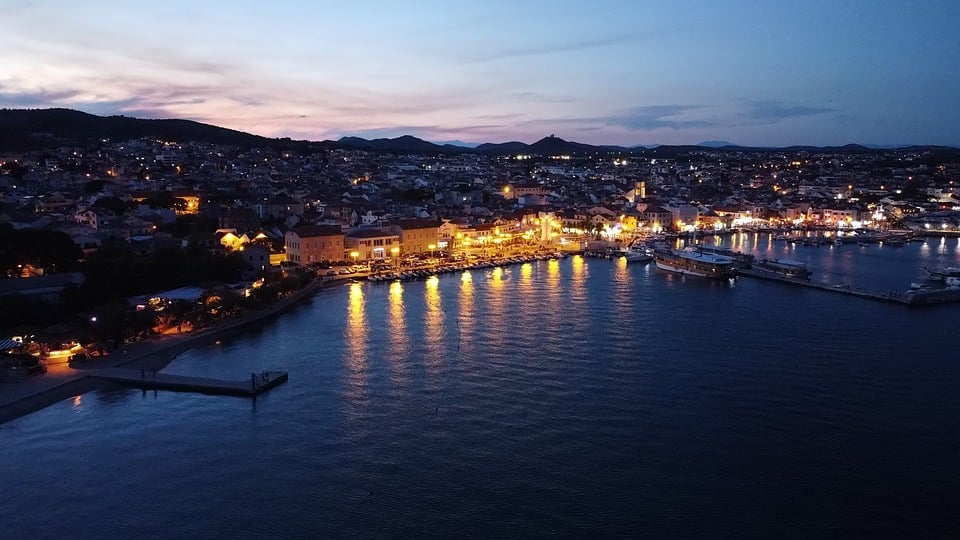In the vast tapestry of human history, the medieval period stands out as a time of great intellectual and spiritual exploration. One of the most intriguing aspects of medieval culture is the widespread belief in the occult – the practice of using supernatural forces to achieve desired outcomes. Rituals and rites played a central role in medieval occult practices, shaping the beliefs and actions of individuals across Europe.
In this article, we will delve into the world of medieval occult beliefs, exploring the rituals and rites that were used to tap into the supernatural. From the historical context of medieval occultism to its current state and future predictions, we will examine how these practices have evolved over time and the impact they continue to have on modern society.
Historical Context: Unraveling the Mysteries of Medieval Occultism
The medieval period, which spanned from the 5th to the 15th century, was a time of great change and upheaval. The collapse of the Roman Empire, the spread of Christianity, and the rise of feudalism all contributed to a shifting social and political landscape. In the midst of this turmoil, beliefs in the occult flourished, with people turning to rituals and rites to navigate the uncertainties of life.
During this time, the concept of the supernatural was deeply ingrained in medieval society. People believed in the existence of spirits, demons, and other supernatural beings that could influence the course of events. Rituals and rites were seen as a way to communicate with these entities, seeking their guidance and protection in a world fraught with danger and uncertainty.
One of the most common forms of medieval occultism was the practice of divination – the art of predicting the future through supernatural means. Diviners would use a variety of techniques, such as scrying (gazing into a crystal ball or mirror), reading tea leaves, or interpreting dreams, to glean insights into what the future held. These practices were often carried out in secret, as they were seen as a threat to the authority of the Church.
Current State: The Legacy of Medieval Occultism in Modern Society
While the overt practice of medieval occult rituals may have waned over time, their influence can still be seen in modern society. The rise of New Age spirituality, with its focus on alternative healing methods, astrology, and tarot reading, is a direct descendant of medieval occult beliefs. People continue to seek out ways to tap into the supernatural, whether through rituals, meditation, or other spiritual practices.
One area where medieval occultism is experiencing a resurgence is in the realm of pop culture. Books, movies, and television shows that explore themes of magic, witchcraft, and the supernatural are more popular than ever. These works often draw on medieval occult beliefs, weaving them into fantastical worlds that captivate audiences around the globe.
In the field of psychology, there is growing interest in the role of rituals and rites in shaping human behavior. Researchers are exploring how performing rituals, such as lighting candles or reciting mantras, can have a calming effect on the mind and body. By understanding the psychological mechanisms behind these practices, psychologists hope to unlock new ways to promote mental well-being.
Future Predictions: The Evolving Landscape of Occult Beliefs
As we look to the future, it is clear that the legacy of medieval occultism will continue to shape our understanding of the supernatural. With advances in technology and science, we are better equipped than ever to explore the mysteries of the universe. From virtual reality simulations of ancient rituals to AI-powered divination tools, the possibilities for exploring occult beliefs in new and exciting ways are endless.
One area of particular interest is the intersection of occult beliefs and climate change. As the world grapples with the increasingly urgent threat of environmental collapse, some are turning to rituals and rites as a way to harness the power of the natural world. From pagan ceremonies to eco-friendly spellcasting, these practices are seen as a way to reconnect with the earth and bring about positive change.
In the realm of academia, researchers are delving deep into the historical roots of occult beliefs, seeking to uncover new insights into the ways in which medieval people understood the supernatural. By studying ancient texts, artifacts, and archaeological sites, scholars are gaining a greater appreciation for the complexity and diversity of medieval occultism.
Conclusion
In conclusion, rituals and rites have played a central role in shaping medieval beliefs in the occult. From divination practices to protective rituals, these traditions have left a lasting impact on our understanding of the supernatural. As we continue to explore the legacy of medieval occultism in modern society, we are uncovering new insights into the ways in which people have sought to connect with the supernatural throughout history.
We hope that this article has provided you with a deeper appreciation for the rich tapestry of medieval occult beliefs, and the rituals and rites that have shaped them. Thank you for joining us on this journey of discovery, and we invite you to explore further resources to continue your exploration of this fascinating topic.
